Much More Than Academic Abilities
Academic abilities play a critical role not only in school settings but also in practical work situations and other problem-solving contexts that involve important intellectual task demands. However, we will not achieve the intended positive outcomes if we give too much emphasis to academic abilities and neglect non-academic attributes such as personality, interests, motivations, values, information-processing styles, self-concepts and attitudes.What non-academic factors do we need to pay more attention to? How do we approach the issues and effect changes with meaningful impact? What is the relationship between education, work and various notions of success? How are academic and non-academic factors related to civil society and politics, and what lessons can we learn from mistakes and successes in the ways we use or treat these related abilities, attributes or attitudes?This book explores these and other issues about going beyond academic abilities. The book is organised into four parts. Part 1 provides an overview of the issues in conceptualising and assessing academic abilities and non-academic attributes. Part 2 discusses education in Singapore and the adaptive Singapore workforce. Part 3 analyses the relationships linking academic abilities and non-academic factors to civil society and politics. Part 4 addresses specific questions on staff and public engagement, similarities and differences across public, private and people sectors, dealing with feedback and viewpoints, political and public service leadership, and relationships between people and government.This book will provide new perspectives and possibilities on what it means to say 'much more than academic abilities', as we aspire to live a better life, make a positive difference to others, and build a stronger society.
{{comment.content}}
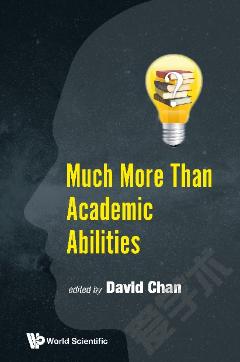
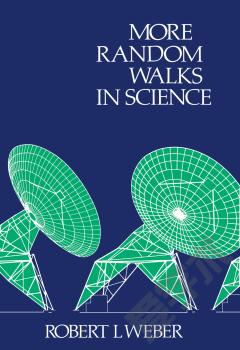
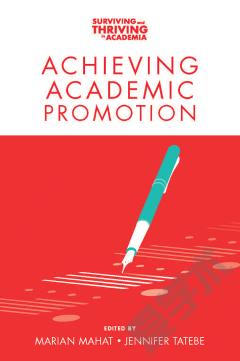

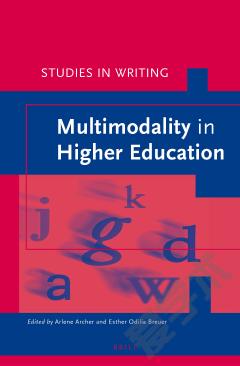
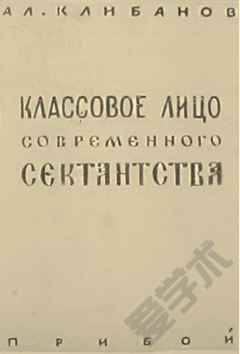


 京公网安备 11010802027623号
京公网安备 11010802027623号